
Bamboo weaving is a traditional craft in Xikou. (WANG JING/CHINA DAILY)
Overseas sales
By combining a more contemporary artistic outlook with tradition, Jiang, who studied design at college, and his team produce a variety of bamboo products popular with customers, such as fans, baskets and animals.
Last year, they sold such products worth more than 15 million yuan, not only in China, but overseas, including the United States, Europe and Southeast Asia. More important, Jiang has produced more opportunities for local residents.
Xu Mingguang, a 70-year-old retired master maker of bamboo products, started to learn the trade when he was 13. But when he was in his 40s, the industry declined significantly, with plastic items largely replacing those made from bamboo.
"I then had to work as a driver and a security guard to earn a living," Xu said.
As rising numbers of tourists visit Xikou, and as e-commerce booms in rural areas, more people are being attracted to or are rediscovering the charm of bamboo products, he said.
Xu, who earns at least 3,000 yuan a month, added: "I am now doing my favorite work again. I'm also teaching a number of young apprentices. It's important that my weaving skills are passed down from generation to generation."
Ran Hao, professor at the CPC Central Committee's Party School, also known as the National Academy of Governance, said the Green Rural Revival Program epitomizes the Chinese path to modernization.
"By pursuing the harmonious coexistence between humanity and nature, the program has effectively improved the living conditions and overall well-being of Zhejiang's rural residents, laying a solid foundation for realizing common prosperity," Ran said.
Authorities in different parts of the country are learning from the program, the success story of which offers valuable experience at home and abroad, he added.
Figures from the provincial bureau of statistics show that the disposable income of Zhejiang's rural residents last year rose to 37,565 yuan, the highest among all provincial regions for 38 years.
The changing landscape of Zhejiang's rural areas has not only attracted those such as Chen and Jiang back to their hometowns, it is also luring overseas visitors.
In April 2021, Jeong Hyojun, a South Korean student then studying at Tsinghua University, and his classmates arrived in Lizu village, Yiwu city, on a field trip to investigate China's culturally empowered rural vitalization.
"It was our first time in the area, and we were immediately impressed by its natural and entrepreneurial environment," Jeong said.
Lizu has followed a similar trajectory to Xiaye and Xikou in the two decades since the Green Rural Revival Program was introduced.
Fang Haolong, Party secretary of Lizu, said, "It may sound ridiculous, but even our own residents used to dislike the village."
But by 2017, after the village was cleaned up and its infrastructure and facilities upgraded, Lizu had become part of a "boutique travel route" developed by the authorities in Yiwu to connect more than 100 "beautiful villages" across the city.
As the village sought to distinguish itself through more cultural creation during Jeong's trip, he and his classmates agreed that the village was an ideal testing ground for their project.
In July 2021, Jeong's team, comprising 15 students from different countries, rented an old house in Lizu. They turned it into a "cultural space", in which customers drink coffee and buy traditional clothing and a range of cultural and creative products. Art exhibitions and even table games are staged in this space.
By creating such a space in the village, Jeong said they hope to attract young people from cities to immerse themselves in the rural atmosphere and experience a different way of life. "We are also trying to attract young people living in the village and nearby areas. Ultimately, they will be the inner force for rural development," he said.
More than 200 agricultural entrepreneurs, including Jeong, have set up shop in Lizu, engaging in various forms of business. By the end of last year, their businesses had generated consumption worth 5 million yuan and helped raise villagers' per capita income by 2,500 yuan, official figures show.
"So far, our project has been successful, and it still has a lot of potential," Jeong said.
"In my travels to the countryside in Zhejiang and nationwide, I've discovered the unique charm of different villages, and their beauty and vitality await to be discovered by more people," he said.








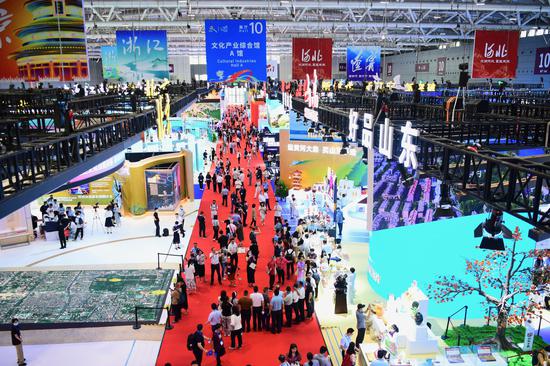






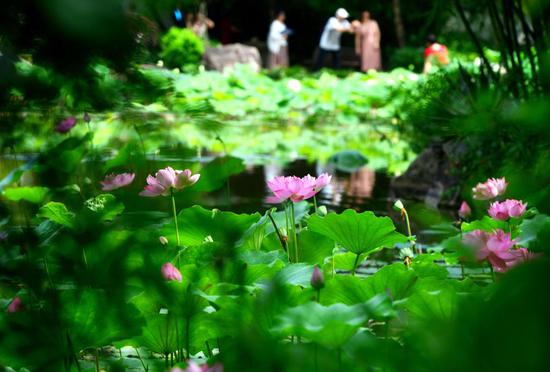


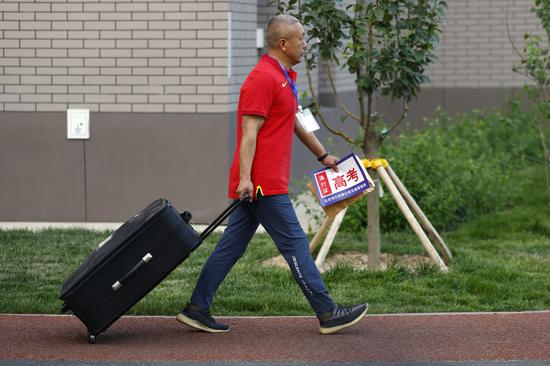



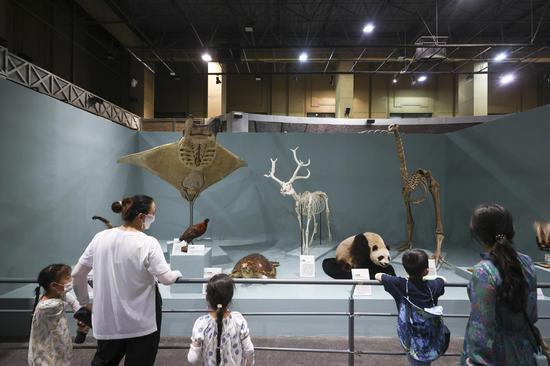
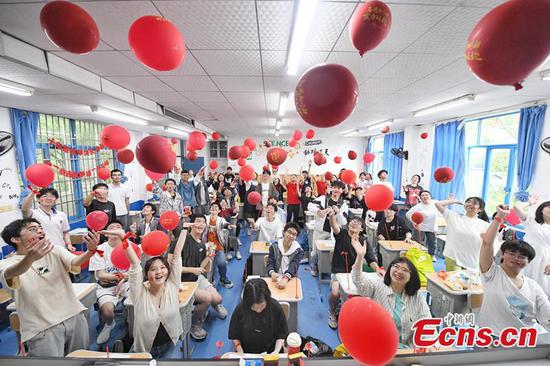


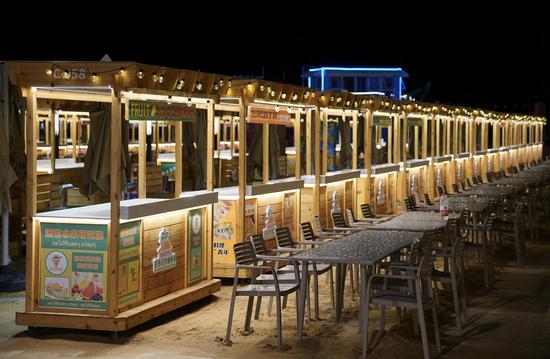
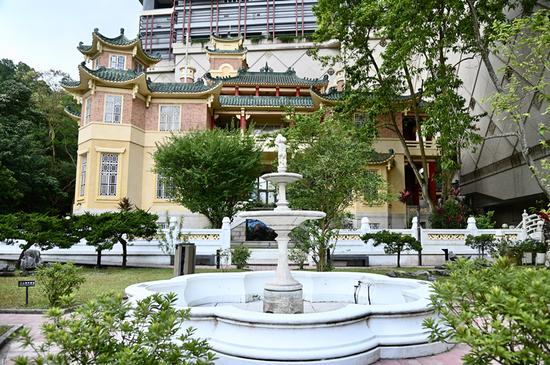




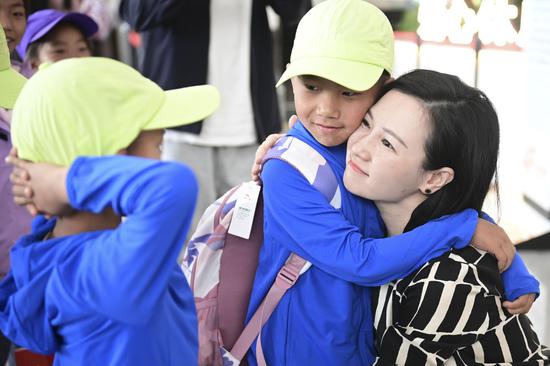
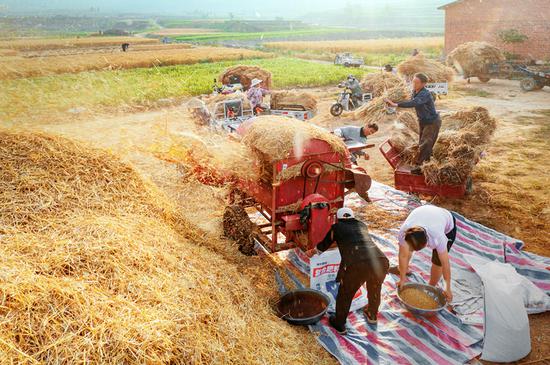


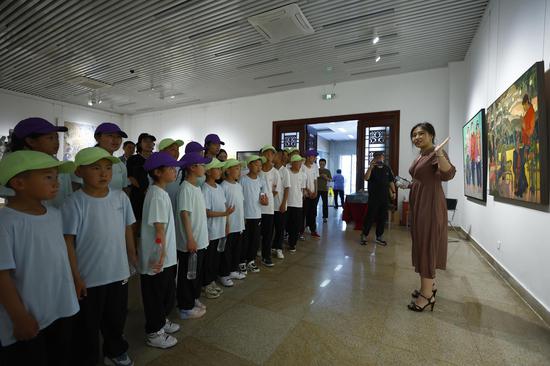


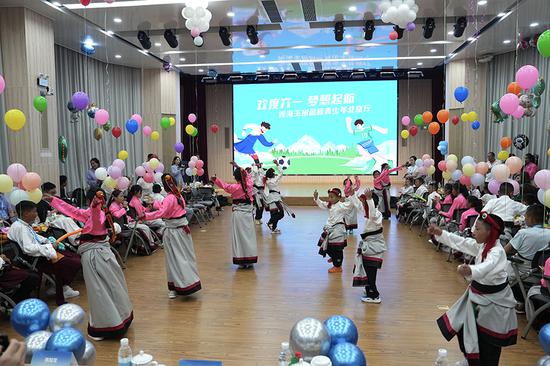
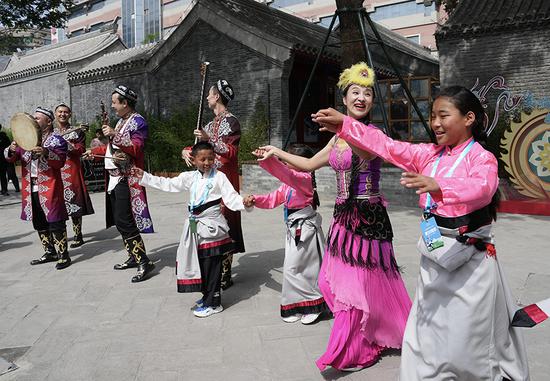
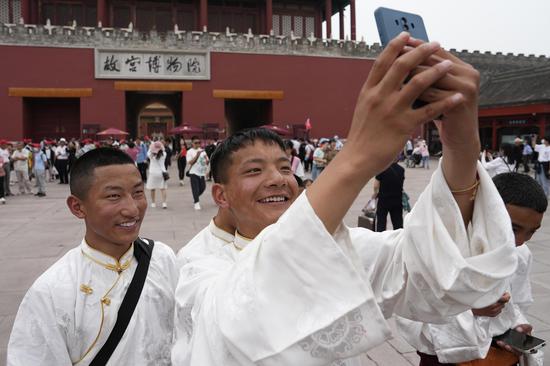
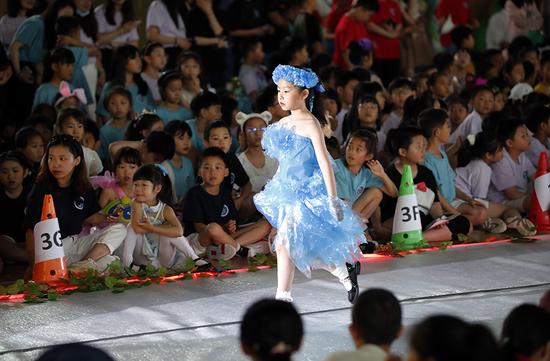
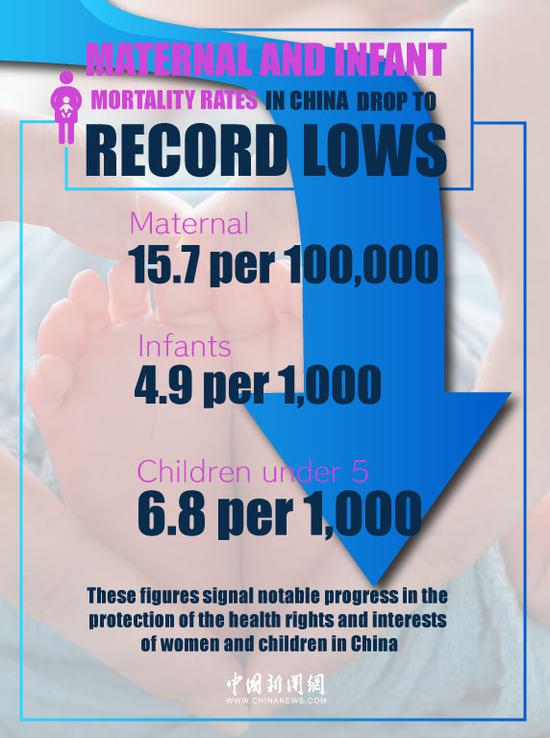






 京公網安備 11010202009201號
京公網安備 11010202009201號